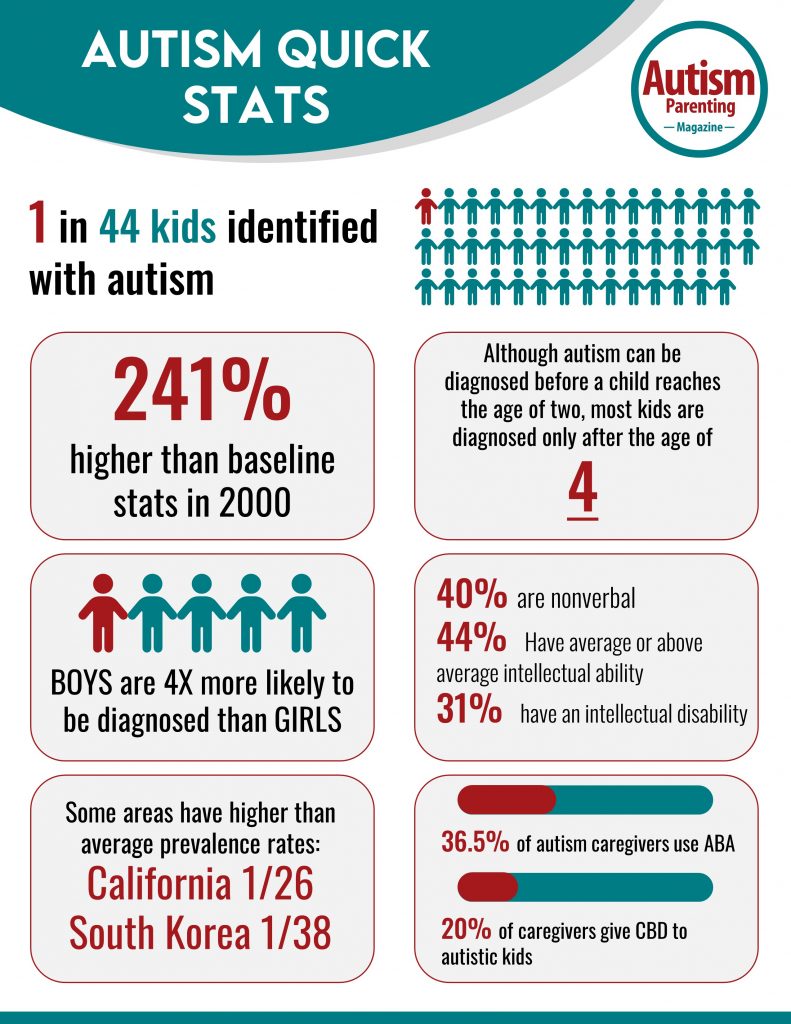Navigating childhood behavior often feels like deciphering a complex code. For many families, ADHD adds layers of intensity to everyday challenges, particularly when emotional dysregulation takes hold. These sudden storms can escalate into overwhelming meltdowns, leaving both child and caregiver exhausted.
Beyond the Surface of Emotional Storms
Emotional dysregulation in children isn’t mere defiance; it’s often a neurological struggle. When the brain’s regulatory systems misfire, kids experience emotions with overwhelming intensity, making self-control feel impossible. This manifests as:
- Intense, prolonged reactions disproportionate to triggers
- Difficulty calming down after becoming upset
- Extreme sensitivity to sensory input or perceived criticism
Why Holistic Foundations Matter
Addressing these challenges requires looking beyond single solutions. A foundation of proper nutrition, sleep hygiene, and movement is crucial. Some families explore supportive holistic kids supplements as part of this broader approach, seeking gentle, foundational support for nervous system balance alongside lifestyle strategies.
Practical Anchors During the Storm
When meltdowns occur, practical tools become lifelines:
- Pre-Emptive Calming: Identify early warning signs (clenched fists, flushed face) and intervene with deep pressure or quiet space.
- Co-Regulation First: Your calm presence (slow breaths, low tone) is the primary tool before reasoning.
- Post-Meltdown Repair: Focus on reconnection, not reprimand, once the storm passes.
Frequently Asked Questions
Are meltdowns always linked to ADHD?
No. While common with ADHD due to executive function differences, emotional dysregulation and meltdowns can occur in neurotypical children, especially during developmental leaps or extreme stress.
How do holistic supplements fit into managing kids’ mood?
Holistic kids supplements are not replacements for therapy or medication when needed. They aim to support foundational wellness – like nutritional gaps or gut-brain axis health – potentially creating a more stable baseline for kids mood and emotional resilience as part of a multifaceted plan.
Can emotional dysregulation improve over time?
Yes. With consistent support, coping skill development, and neurological maturation, many children gain significant tools to manage emotional dysregulation. Early intervention and understanding the child’s unique triggers are key factors.


